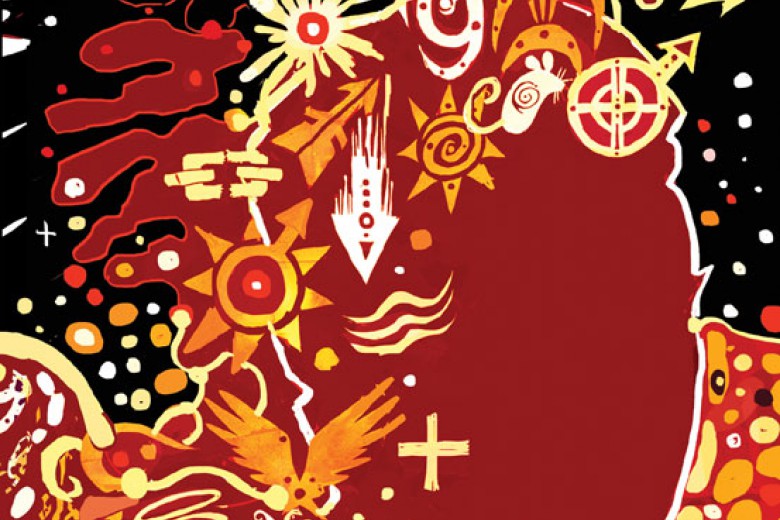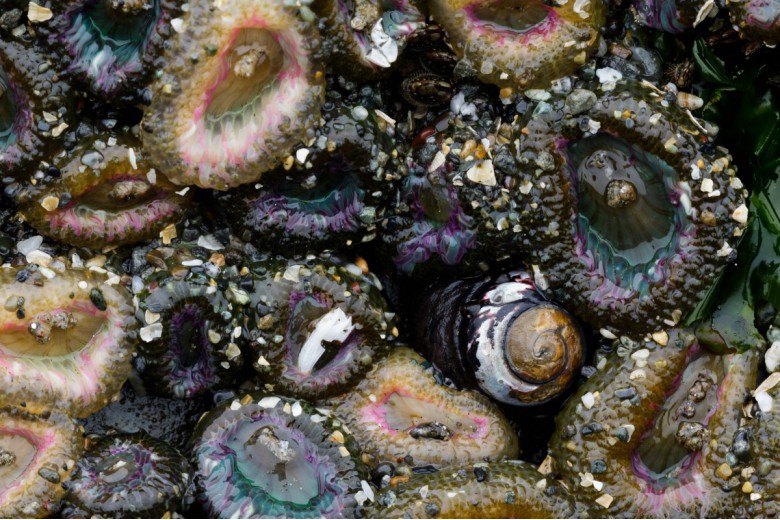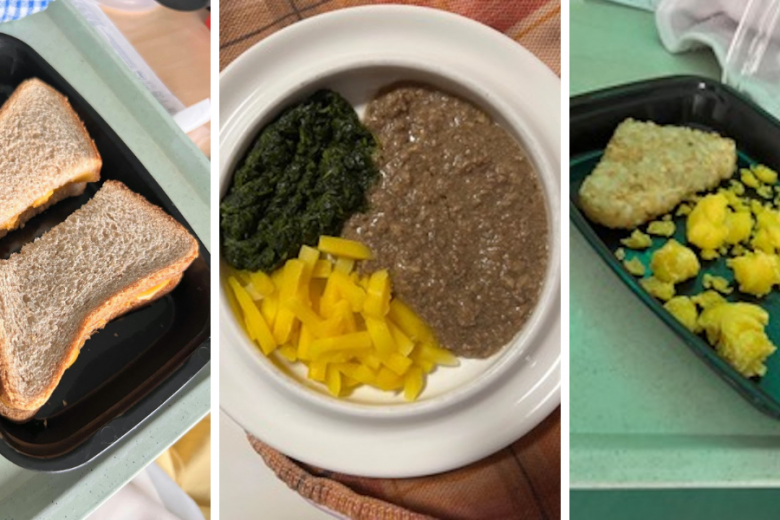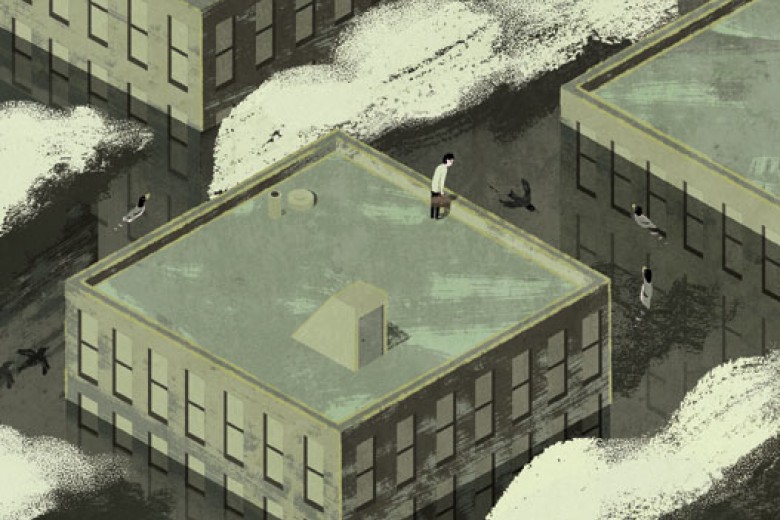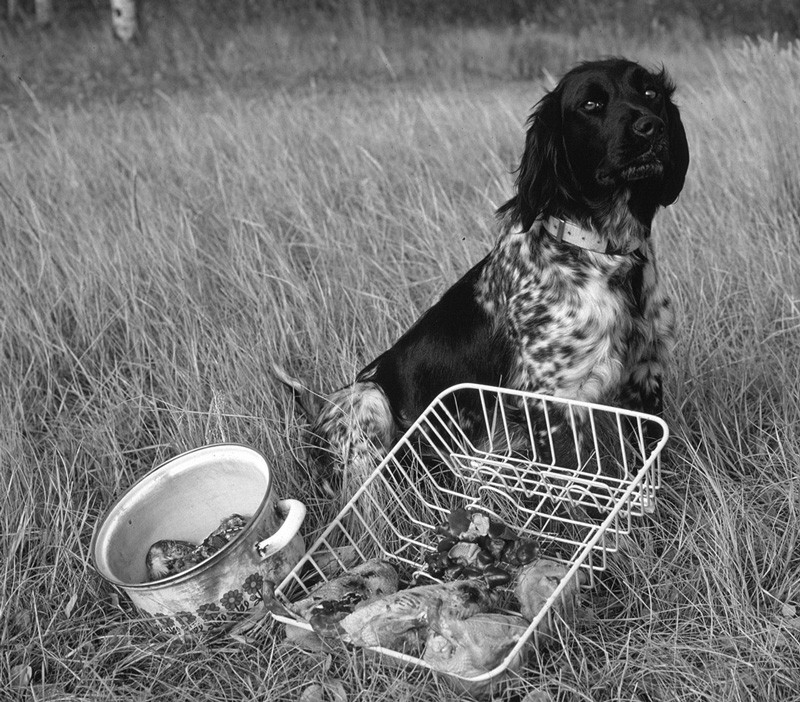
As long as hunting is dismissed as unethical while the act of paying for food at the grocery store is seen as benign, we are unlikely to make much progress.
We had just measured the multi-focal lenses on my eyes when the optician asked, “Would you like to order a single-focus set too?”
“Yes,” I said, grateful for the reminder. “I use a shotgun and need the best peripheral vision I can get.”
“What do you use a shotgun for?” she asked.
“I’m an avid bird hunter,” I replied. “Do you hunt?”
I would have been surprised if she had said yes. As of 1996, only 5.1 percent of Canadians hunted, and only 15 percent of these were women.
“Heavens no!” the optician replied as she walked from the room to answer the phone.
Soon enough the discussion continued. “So, what do you hunt?” she ventured.
“Oh, sharp-tailed grouse, gray partridge, some pheasants, several ducks and geese, and even quail in the southern U.S.,” I told her.
“Why do you do it?” she continued.
“Oh, I’ve felt this attraction since my youth. It’s who I am, I guess.” For me, answering this question is like trying to explain why I’m right-handed.
“What do you do with the birds you, uh, kill?” she asked.
“I eat them, of course,” I replied. “With every grouse my wife and I eat, we engage directly with the bird in its natural habitat. And by not purchasing a factory-farmed chicken, we bypass the environmental damage caused by our conventional food system.”
I recall when the CBC program Cross-Country Checkup dealt with the question of hunting. Many listeners voiced the usual pros and cons, but two calls hit the mark for me. One was from a hunter in northern B.C. who mentioned that he and his family eat game meat virtually year-round. The radio interviewer asked, “So, how does it feel when you’ve just shot an animal?” to which the man replied, “Well, you feel kind of sad.”
“Now, wait a minute,” the host said. “If you feel sad, why do you do it?”
The hunter spoke softly; my fingers twitched as if trying to pull his words from the radio.
“Well,” he replied, “I was raised on a farm. Every now and again, we took an animal behind the barn . . . and we felt kind of sad then, too.”
The other call was from a young woman in Vancouver. She was articulate, quick-thinking and comfortable on the radio. She said that she used to be dead-set against hunting, until she spent some time in Canada’s North. People there lived from hunting and fishing, she explained. To her amazement, they made use of virtually every part of the animal. She concluded from the experience that if people want to obtain their own food by relatively unobtrusively plucking it from the natural food chain, then more power to them. She also condemned the excessive use of chemicals in maintaining crop-monocultures, the environmentally damaging and largely unnecessary long-distance transport of food, and the crowding of animals into factory farms and onto transport trucks.
In truth, a judgment about hunting being right or wrong can be tough to make on moral or ecological grounds. Ultimately, all energy comes from the sun. Hunters, meat eaters and vegetarians all consume more or less of that energy by eating organisms that were once alive, albeit from different points in the food-energy chain. Only the degree of ecological disturbance looks different.
In our largely (sub)urban existence, the environmental impact of industrial food production is enormous. Whatever their portion of food purchased at the grocery store, hunters and non-hunters alike could often do far more to ensure that their food purchasing power is directed toward encouraging environmentally sound food production, local consumption and social justice at both the local and international level. But as long as hunting is dismissed as unethical while the act of paying for food at the grocery store is seen as benign, we are unlikely to make much progress.
Since that day in the optician’s chair, my single-focus lenses have helped me bring down wild birds. My dog has helped me retrieve these from the land or water. After straightening a bent grouse feather in a moment of reflection, I begin cleaning the bird. The feathers may line the nest of a white-footed mouse, the entrails are buried lightly on-site to fertilize a spot of soil. The rest of the carcass is cleaned at home, and will ultimately find its way to my plate or my dog’s dish. I will have done it all myself, practicing the timeless act of acquiring my own food.
I took my own animal behind the barn, so to speak, and paid no one to do it for me.
Joe Schmutz is a conservation biologist living in Saskatoon.


